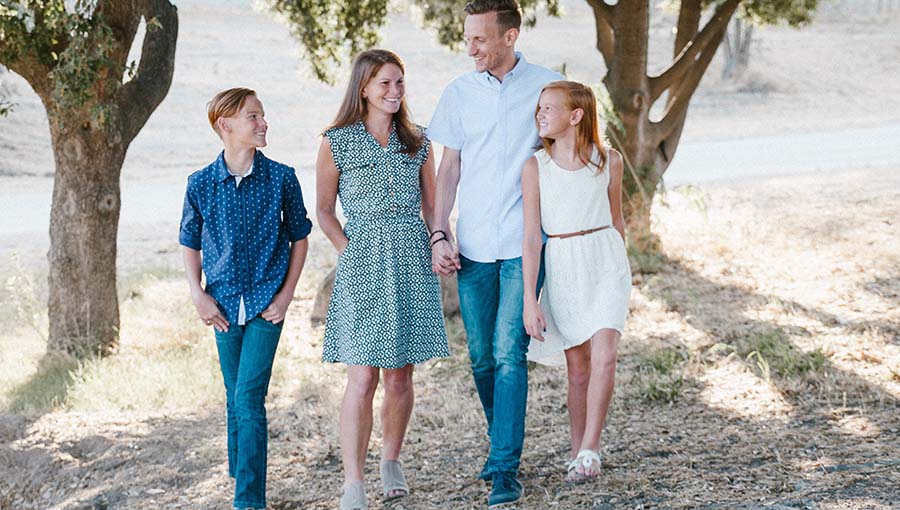David Brooks Makes a Compelling Case
In this deep dive into family life over the past century, David Brooks argues that families—both adults and children—thrive when they are deeply interconnected to either extended family or forged families like neighbors or church communities. Brooks explains how our nation’s current battle against loneliness, overwork, economic struggles, and even mental illness can all be traced back to the disintegration of family and living in a support system.
 Photo by Allen Taylor on Unsplash
Photo by Allen Taylor on Unsplash
Though the nuclear family offers the first layer of stability that adults and children need, historically, families flourished in more connected ways. Whether it was living close to grandparents, siblings, and cousins or establishing roots in a neighborhood in which children could turn to another adult for parental care and guidance, our hyper-individualized culture has cut us off from these essential and wonderful resources.
This is also the kind of support system that the church offers—other believers who are able to speak the gospel to your children, encourage them as their faith grows, and provide the friendship that adults need in the midst of busy lives.
Christian Union is passionate about seeing young people grow and connect in just such ways. Through one-on-one discipleship in undergraduate settings, students often look to their ministry fellows as spiritual “aunts and uncles” whom they can turn to, learn from, and express fears and doubts. They also get a taste of what Christian community looks like and the beauty and power of being deeply connected rather than independent and isolated.
The Citiy Ministry enables these students to become connected to mature believers in New York City who mentor them in their faith as well as in their profession. Certainly, community is essential to our well-being, and Christian Union is committed to connecting believers, pushing against the cultural norms of individualism, and celebrating that our God has given us a great cloud of witnesses so that we might walk faithfully before Him.



